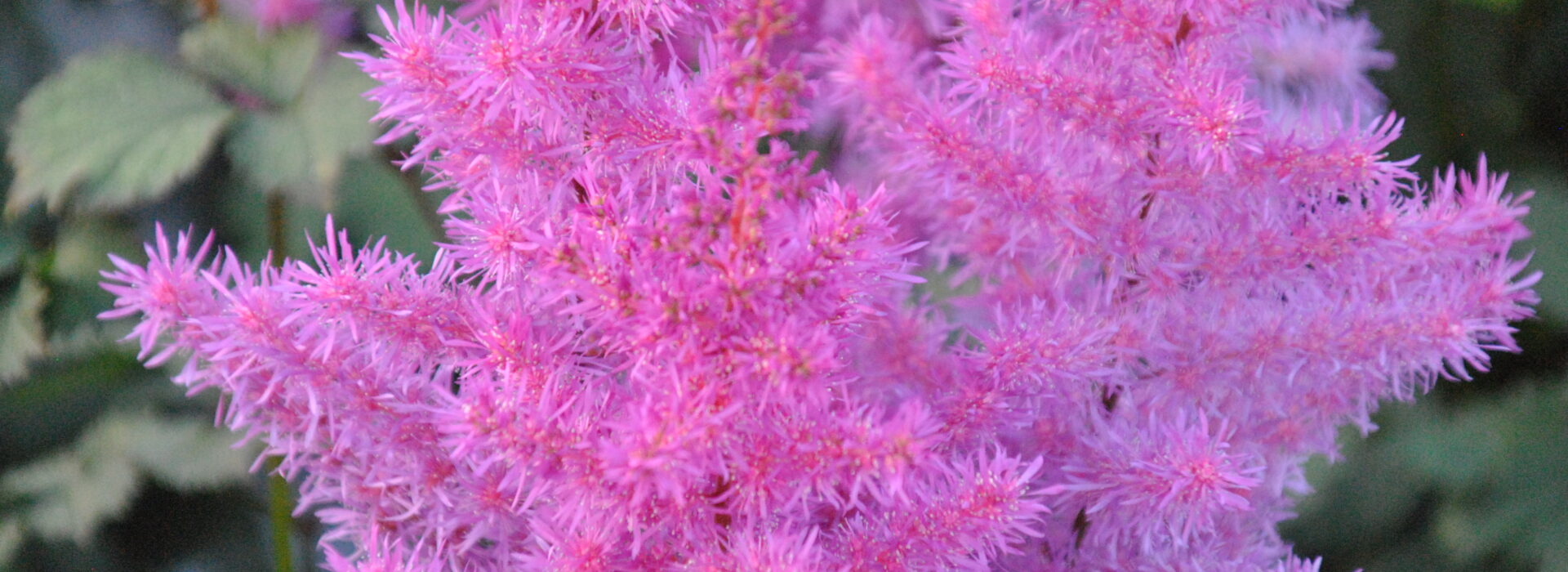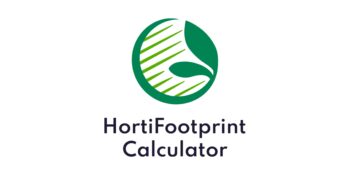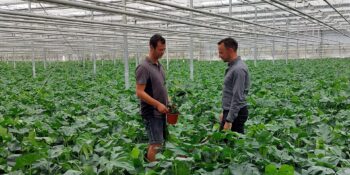Hans van der Meer made the switch away from cut flowers at the end of the 1990s, when his nursery decided to specialise in pot plants. He and his wife have now been specialising in one particular pot plant for a good few years: Astilbe.
“The plants flower in week 9 and the season ends around week 36. Then we’re completely empty for three months. That gives us the chance to take a long holiday.” That was one of the reasons why they decided to grow Astilbe – although Van der Meer and his wife certainly don’t put their feet up when production stops.
On the lookout for stronger cultivars
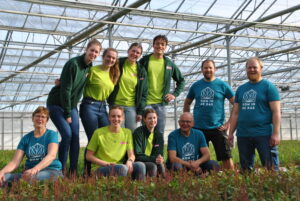 While their greenhouses are empty, Van der Meer and his wife – and their two sons, who are poised to take over from him – spend their time on maintenance and breeding. “In particular, we look for new forms but also hardier plants that can be grown in lower temperatures. That means we need to heat less, plus the consumer also gets to enjoy a plant that flowers for longer and needs less water.”
While their greenhouses are empty, Van der Meer and his wife – and their two sons, who are poised to take over from him – spend their time on maintenance and breeding. “In particular, we look for new forms but also hardier plants that can be grown in lower temperatures. That means we need to heat less, plus the consumer also gets to enjoy a plant that flowers for longer and needs less water.”
Plant resilience is also important in both breeding and cultivation: “We are working with Delphy on how to deal with fungal diseases. We need to grow more resilient crops.” Fungal diseases are not the only problem; aphids also play havoc with Astilbe. “We are already using less chemistry thanks to the introduction of parasitic wasps, but customers from countries like Norway don’t tolerate any insects. So we can’t yet grow 100 percent chemical-free, although ideally we would like to.”
Feeding power back via solar panels
Biological crop protection is not the only sustainable measure the nursery has taken. They have had solar panels on the roof since 2015. “These enable us to generate what we need and feed the extra back into the grid.” However, with the Dutch net metering scheme coming under pressure, Van der Meer is looking for alternatives that will allow him to keep his solar panels. “We are exploring the options for a robust storage battery which will enable us to store any spare electricity ourselves.”
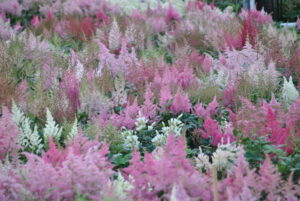 More logging options for better insights
More logging options for better insights
Van der Meer was one of MPS’s very first participants. “Back then, about thirty years ago, it was a real eye-opener for many growers, but I immediately found it interesting. We were already logging a lot of production and crop data at the time, and now we do even more. The admin can sometimes be quite intensive, but the checks and audits are easy to schedule. All in all, I am a big fan of MPS certification.”
However, Van der Meer would like to see even more logging options in MPS. “Retailers often have specific additional requirements, such as on the recyclability of film, sleeves, plant labels and so on. It would be good if MPS would talk to retailers about this. We are also eagerly looking forward to the steps being taken to enable ornamental horticulture businesses to measure and log their footprints.”
